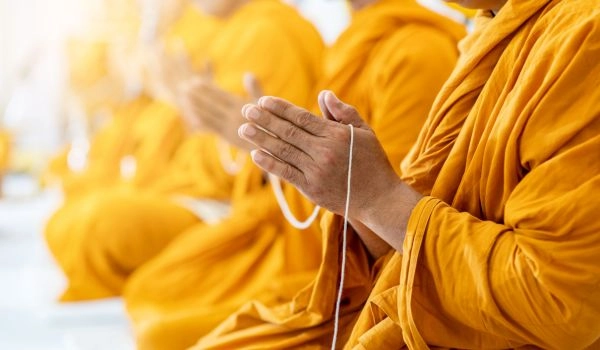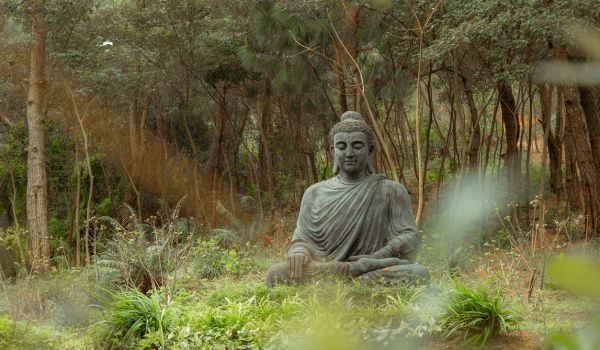The concept of and in Buddhist doctrine and ethics
Francesco Maria Catanzaro - DREST (Italian Doctoral School for Religious Studies), Department of Asian and North African Studies (DSAAM), Ca’ Foscari University of Venice (2023-present)
Recipient of a PhD scholarship funded by the UBI Research Center.
This research investigates the relationship between doctrine and ethics, taking as a starting point the understanding ofand in Buddhist philosophical explanations. Who or what is an agent and thus capable of acting? Who or what can “act rightly” and thus follow the Buddhist ethical code and its soteriological path? How does the doctrinal understanding of core concepts such as karma ed and relate to the lived experience of Buddhist practitioners? What are the limits ofand - can plants, machines, or avatar digitali essere considerati agenti?
Such questions, at least some of which arise to anyone who meets Buddhism in its various forms, are just some of those triggered by this topic of research. Understanding how Buddhist doctrine relates to its ethics is as fundamental as it is difficult and requires the identification of key passages allowing the shift from an anti-personalist (based on the anatta doctrine) and soteriologically oriented stance to one rooted in moral uprightness. The subtle philosophical speculations and arguments brought forth by past Buddhist masters – such as in Nāgārjuna's body of works and in Vasubandhu’s works such as theAbhidharmakośa and Karmasiddhi-prakaraṇa– have left open questions for contemporary scholars. At the same time, the gap and connection between these preeminently impersonal perspectives and the lived experience of practitioners, grounded in “actual” events, requires special attention.
The main goal of this research is to contribute to a deeper understanding of Buddhist doctrine and lived experience, focusing on the philosophical and ethical implications of Buddhist discourse onand, personhood, and a relational understanding of reality.






